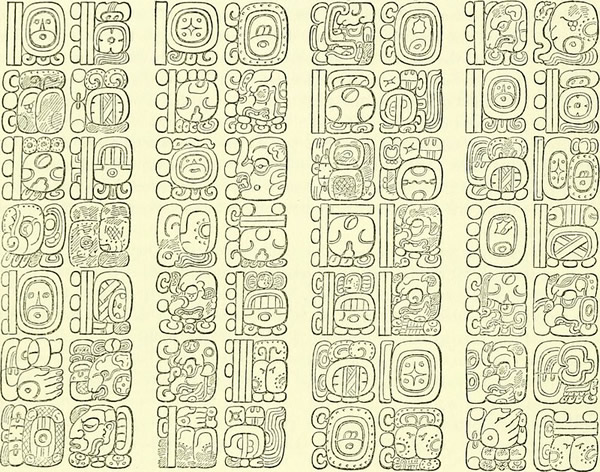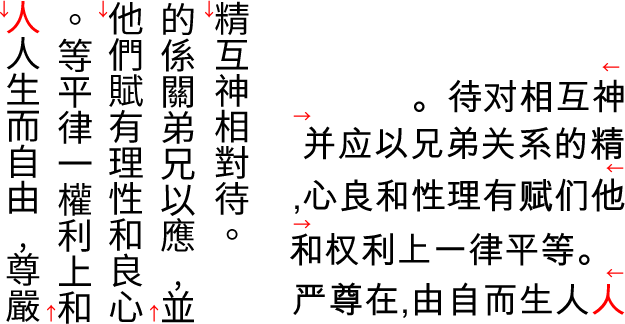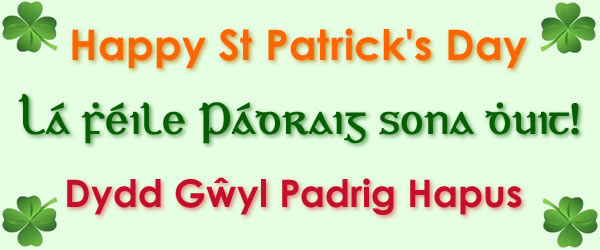What is the difference between envy and jealousy?
A friend asked me this, so I thought I’d write a post about it.
Envy means:
- a feeling of discontent or covetousness with regard to another’s advantages, success, possessions, etc
- to regard (a person or thing) with envy [source]
In the past it meant:
- hatred, enmity, ill-feeling
- emulation; rivalry
- public odium; ill repute.
- to have envious feelings
- to give (something) to (someone) grudgingly or reluctantly, to begrudge
- to show malice or ill will, to rail
- to do harm in, to injure, to disparage
- to hate
- to emulate
It comes from the Middle English envie (ill-will, hatred, enmity, spite, malice, envy, harm, eagerness), from the Old French envie, from the Latin invidia (envy, grudge, jealousy, prejudice, spite, odium), from invidus (envious, hostile, inimical), from invideō (I look askance or maliciously at, cast an evil eye upon), from in- (on, upon, after) and videō (see, observe, understand) [source].
Jealousy means:
- jealous resentment against a rival, a person enjoying success or advantage, etc., or against another’s success or advantage itself
- mental uneasiness from suspicion or fear of rivalry, unfaithfulness, etc., as in love or aims
- vigilance in maintaining or guarding something.
- a jealous feeling, disposition, state, or mood [source]
In the past it meant “A close concern for someone or something, solicitude, vigilance.” [source]
It comes from the Middle English jalousie (jealousness in a relationship, passion, desire, zealousness, devotion, belief), from the Old French jalousie, from jalous (eager, zealous, jealous), from the Late Latin zēlōsus (jealous, zealous), from the Latin zēlus (zeal, emulation, jealousy), from the Ancient Greek ζῆλος (zêlos – eager rivalry, zealous imitation, emulation, a noble passion) [source].
Other words from the same Ancient Greek root include zeal (diligent enthusiasm; powerful interest) and zealous (full of zeal; ardent, fervent; exhibiting enthusiasm or strong passion) [source].













